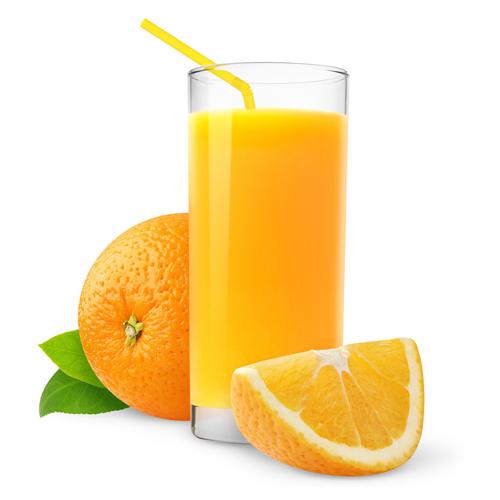Did you know that many of the excess calories that most Americans consume per day come from the beverages that they drink?
According to a recent study in the American Journal of Clinical Nutrition, around 37 percent of our total daily liquid calories come from sugar-sweetened drinks.
When we think of sugary drinks we tend to focus on sodas, teas and coffee but many other drinks that we associate with healthy choices such as fruit juices and sports drinks can also be loaded with hidden sugars.
All of the previously mentioned drinks can have both positive and negative attributes. Sodas and teas, for example, can provide caffeine needed to get you through a long day but are packed with tablespoons of sugar and sodium.
Coffee drinks can also provide you with caffeine as well as antioxidants and different types of vitamins but for those who like to add sugar, creamer and flavored syrups the health benefits become outweighed.
Fruit juices and sports drinks are where things start to become tricky when determining what is healthy and what isn’t.
Juices are packed with vitamins and minerals that the body needs but even juices that claim to be “100 percent juice,” be it orange, apple, grape, cranberry, etc., can contribute extra calories to your diet.
Many will argue that the sugar in fruit juice is natural and directly from the fruit, but unlike whole fruit, the sugar in fruit juice is very concentrated, resulting in a higher calorie content.
On top of that, the recommended serving size of a glass of juice is 4 to 6 ounces and the average American who drinks a glass of orange juice will pour around 24 ounces equaling out to around 320 calories.
Similar to fruit juices, sports drinks can also provide vitamins and minerals as well as electrolytes for rehydration after a session at the gym.
However, just like soda and tea they are packed with sugar and sodium and often times people consume the entire bottle rather than the recommended serving size of 8 ounces, providing an excess of 240 extra calories for the day.
So what’s the answer to avoiding these excess calories? Good old H2O.
Water doesn’t add any extra calories or sodium to the diet and it aids in the electrolyte processes in the body as well as keeps the bowels and kidneys working properly.
But water can get boring, right? Try adding fresh fruits and vegetables like lemons, cucumbers, or strawberries to your water to give it a subtle and natural flavor.
That being said, the “unhealthy drinks” listed above need not be avoided completely but rather consider them as “once in a while” treats, keeping in mind the term moderation.
By doing so, you can cut your weekly calorie intake by 1,500 calories, leaving you feeling good about your beverage choices and your body.
CARLY BONE








